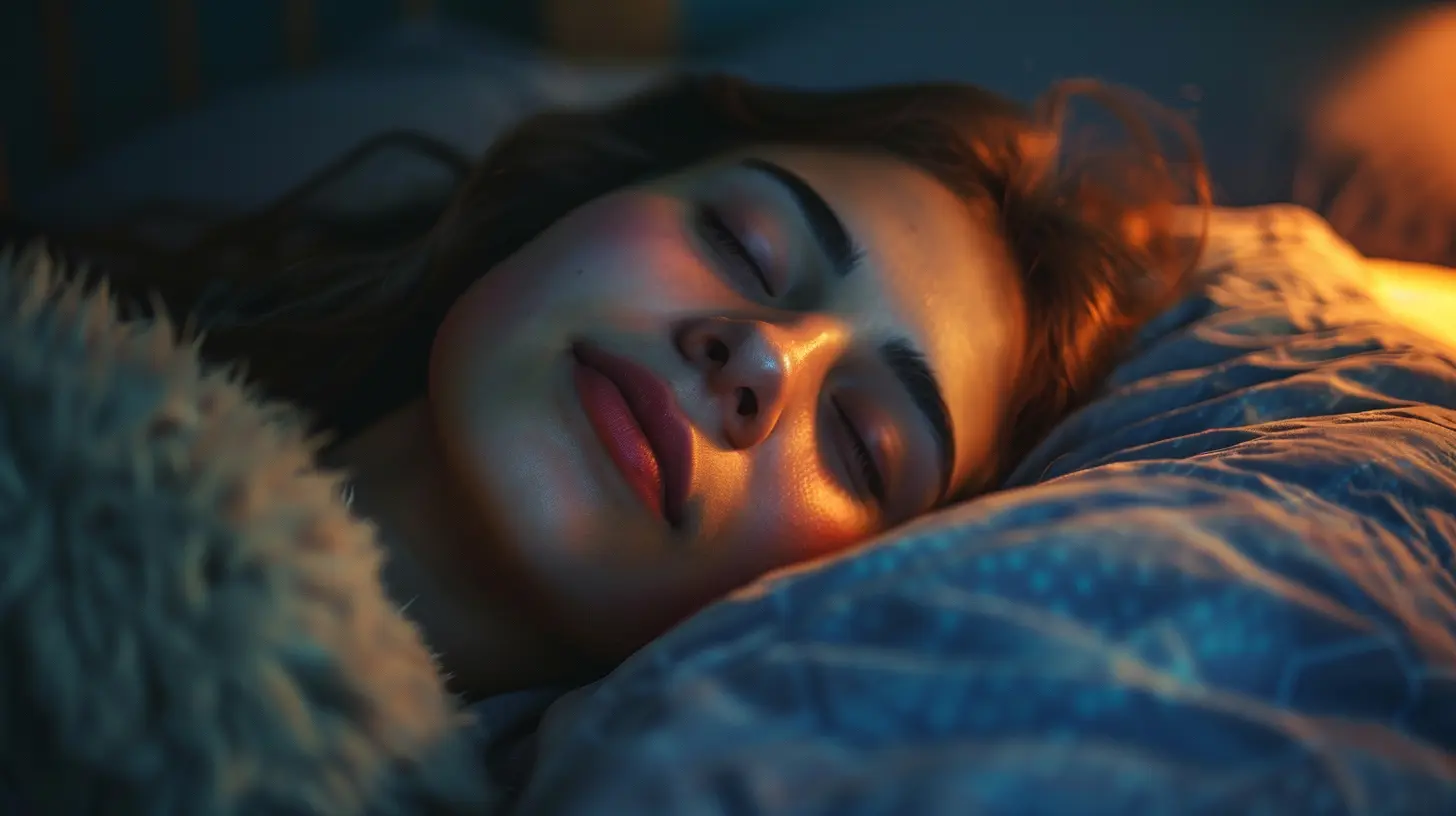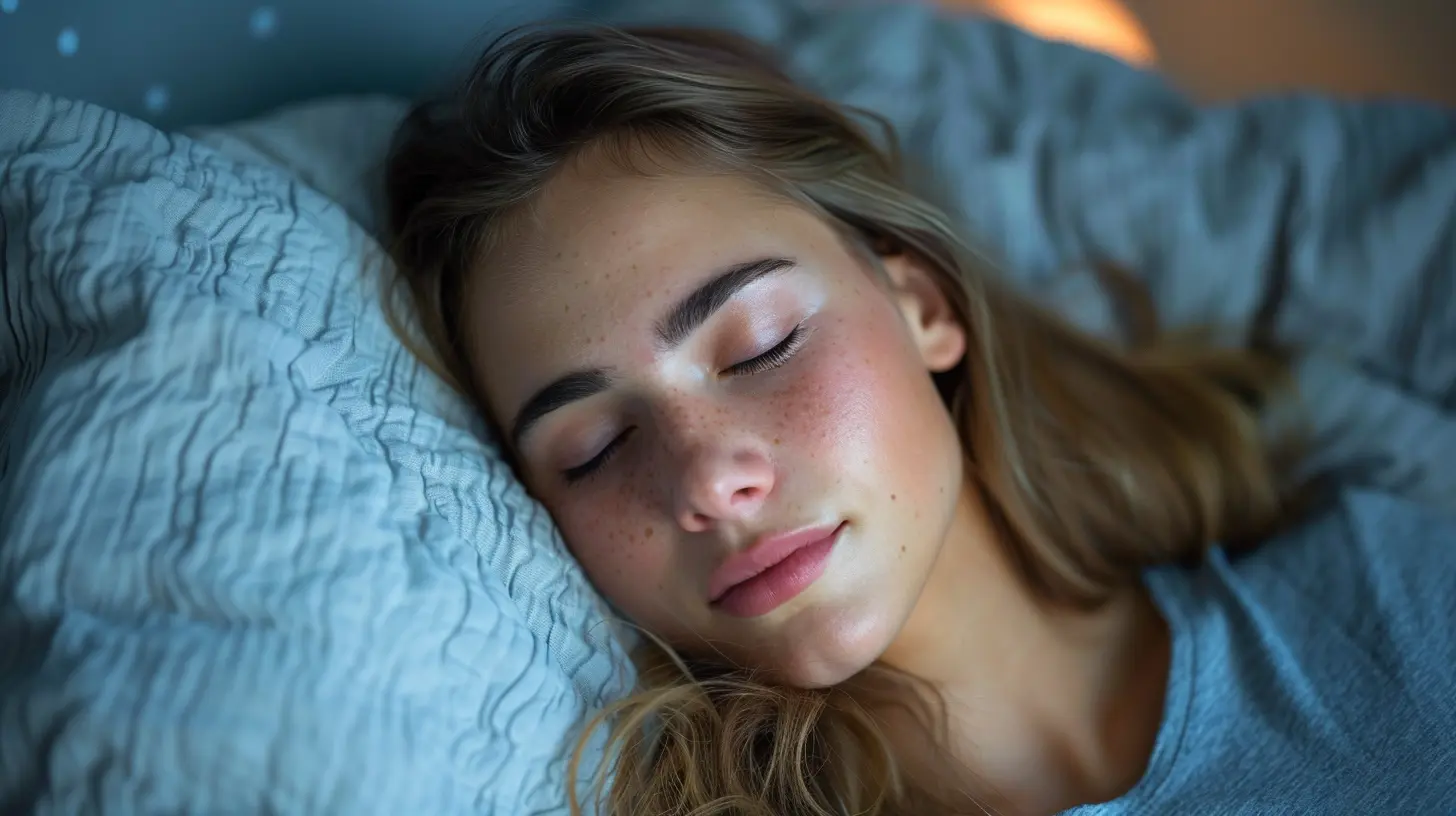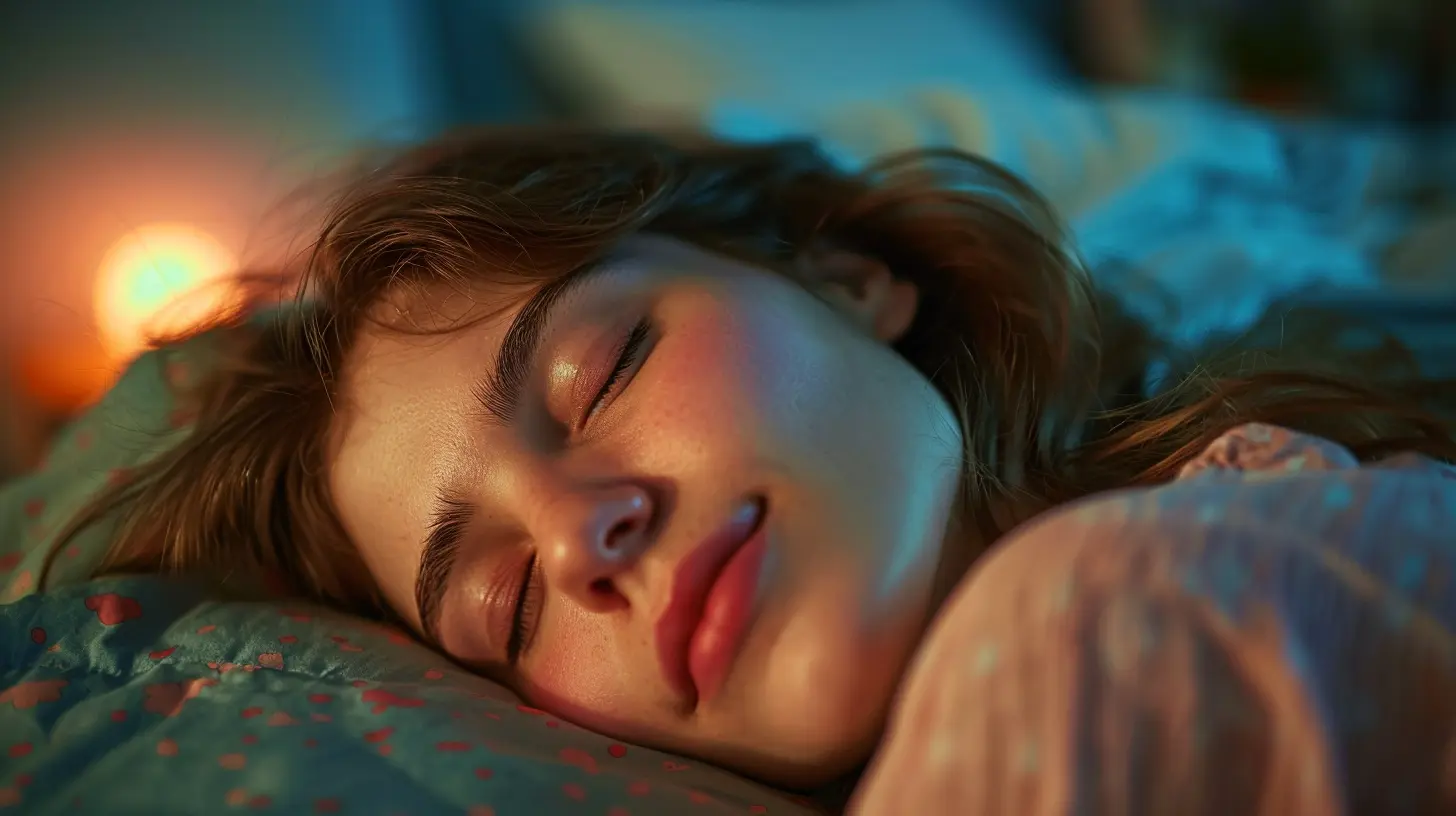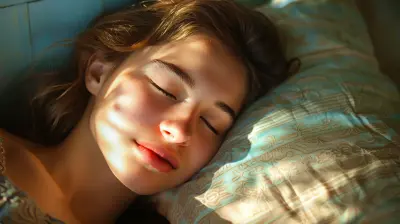Insomnia: Causes, Symptoms, and Effective Remedies
7 August 2025
Let’s be honest—when you can't sleep, everything feels off. You're cranky, foggy, and even the smallest tasks feel like too much. If that sounds familiar, you’re not alone. Insomnia affects millions of people all over the world, and it’s more common than most folks realize.
But here's the thing: insomnia isn’t just about struggling to fall asleep. It’s also about waking up in the middle of the night and not being able to drift back off, or waking up way too early and lying there, wide-eyed, as the sun rises.
In this post, we're diving deep into what insomnia really is, what causes it, how to spot the symptoms, and—most importantly—what you can actually do about it. So grab a cup of herbal tea, kick back, and let’s talk sleep. 💤
What Is Insomnia, Really?
Insomnia is more than just a bad night every now and then. It’s a sleep disorder that can wreck your nights and ripple into your days. It shows up as difficulty falling asleep, staying asleep, or waking up too early and not being able to go back to bed. And it’s not just a nighttime issue—it affects your energy, mood, focus, and overall quality of life.There are two main types of insomnia:
- Acute Insomnia – Short-term, usually triggered by stress or a life event (like a breakup, exam, or new job).
- Chronic Insomnia – Long-term, happening at least three nights a week for three months or more.
If sleep has become your nightly enemy instead of a sweet escape, it's time to take a closer look.
Common Causes of Insomnia
So what’s keeping you up at night? Insomnia can be tricky because it doesn’t have one single cause. It’s usually a mix of several things. Let's break down some of the most common culprits.1. Stress and Anxiety
Ever laid in bed replaying that awkward conversation from three years ago? Yep, that’s stress, and it messes with your sleep big time. Crunching deadlines, money problems, family drama—our minds don't come with an off switch, and stress keeps them buzzing when you need rest.2. Depression
Contrary to popular belief, depression doesn’t always make you sleep more. In fact, insomnia is one of the most common symptoms. If your mood's been low and your sleep’s out of whack, it could be connected.3. Poor Sleep Habits
We’re all guilty of scrolling TikTok or binge-watching Netflix till 2 AM, right? But irregular bedtimes, napping late, or sleeping in on weekends can seriously confuse your internal clock. Your brain is basically like, "When exactly are we supposed to sleep again?"4. Caffeine and Alcohol
Newsflash: That afternoon coffee might be sabotaging your sleep. Caffeine lingers in your system for hours. And while alcohol might help you fall asleep faster, it disrupts the deep sleep stages, leaving you groggy and unrested.5. Medical Conditions
Things like chronic pain, asthma, acid reflux, and even needing to pee a lot at night (yep, we're looking at you, overactive bladder) can all wake you up or keep you from falling asleep at all.6. Medications
Certain drugs—like antidepressants, blood pressure meds, and even allergy pills—can interfere with sleep. Always check with your doc if you suspect your meds are making your nights restless.
Symptoms of Insomnia
Insomnia wears many masks. It's not always just about lying awake staring at the ceiling. Here’s what it might look or feel like:- Struggling to fall asleep (even when you’re exhausted)
- Waking up in the middle of the night and not being able to get back to sleep
- Getting up too early and feeling unrested
- Feeling tired, irritable, or moody during the day
- Trouble focusing or remembering things
- Reduced motivation or performance at work or school
- Increased errors or accidents (because your brain’s running on empty)
If any of those hit too close to home, insomnia might be knocking at your door.
Effective Remedies for Insomnia
Let’s shift gears to the good stuff—how to actually fight back and win some sleep. There are both natural and medical approaches, and we’ll cover the most effective remedies to help you find what works for you.1. Set a Sleep Routine (And Stick to It)
This might seem basic, but it's a game-changer. Go to bed and wake up at the same time every day—even on weekends. Doing this trains your internal clock, making it easier to fall asleep naturally.💡 Think of it as putting your brain on a sleep schedule. Like a pet. Feed it consistency.
2. Create a Sleep-Friendly Bedroom
Your bedroom should be a sanctuary for rest, not a secondary office or entertainment hub. Try these tips:- Make it dark (blackout curtains can work wonders)
- Keep it cool (60–67°F is ideal)
- Ditch the screens at least 30 mins before bed
- Use your bed for sleep and, well, "adult activities" only
Associating your bed strictly with rest can help retrain your brain to fall asleep faster.
3. Try Relaxation Techniques
If your mind won’t stop racing, try calming it down with relaxation strategies:- Meditation or deep breathing
- Progressive muscle relaxation
- Visualization (imagine a peaceful beach or quiet forest)
- Listening to calming sounds or white noise
Apps like Calm and Headspace are fantastic tools to guide you into that sleepy zone.
4. Watch What You Eat and Drink
Try to avoid big meals, caffeine, and alcohol close to bedtime. A light snack like banana slices with peanut butter or a glass of warm milk can actually help you sleep better.Why? Because these foods boost serotonin and melatonin—your body's natural sleep aids.
5. Limit Naps
I know—sometimes a nap feels like the only way to survive the day. But if you’re struggling at night, try skipping it. Or, if you must nap, keep it short (20–30 mins max) and never too late in the day.6. Cognitive Behavioral Therapy for Insomnia (CBT-I)
This is considered one of the most effective long-term treatments—more effective than sleeping pills in many studies! CBT-I helps you change negative thoughts and behaviors around sleep. And guess what? Many therapists offer it online now.7. Use Natural Sleep Aids—Cautiously
There are natural options like:- Melatonin supplements – Good for shifting your internal clock (e.g., jet lag or night shifts)
- Valerian root – An herb that may promote relaxation
- Magnesium – A mineral that can help calm the nervous system
But always talk to your doctor before trying anything new, especially if you're on medication or have health issues.
8. Medical Treatments and Sleep Aids
If natural remedies don’t cut it, your doctor might suggest prescription sleep aids. These can help in the short term, but they’re not usually a long-term solution due to risks of dependency and side effects.A few options include:
- Prescription sedatives (like zolpidem or eszopiclone)
- OTC antihistamines (like diphenhydramine)
- Treating underlying conditions (like anxiety or chronic pain)
When to See a Doctor
If insomnia is taking a serious toll on your life and nothing seems to help, it’s time to call in the pros. A sleep specialist can help identify underlying issues like sleep apnea, restless leg syndrome, or other hidden causes.Look out for these signs that you should get help:
- Insomnia lasting longer than 3 weeks
- Daytime drowsiness affecting your ability to function
- Mood changes like anxiety or depression
- Relying on sleep meds daily
You deserve restful nights and energized days, and sometimes that starts with getting expert help.
Final Thoughts
Here’s the truth: insomnia can mess with your life in a big way, but it’s not unbeatable. By understanding the causes, paying attention to your symptoms, and making a few intentional changes, you can start reclaiming your nights.It might take some trial and error, but that’s okay. The journey to better sleep is personal. And it starts with one small step—whether it’s switching off screens earlier, embracing a calming bedtime ritual, or talking to a sleep professional.
Sleep isn’t a luxury, it’s a necessity. And you deserve every single peaceful minute of it.
all images in this post were generated using AI tools
Category:
Sleep HealthAuthor:

Tiffany Foster
Discussion
rate this article
1 comments
Barbara Whitaker
Restful nights await—discover your path to wellness!
August 26, 2025 at 5:02 AM

Tiffany Foster
Thank you! We're excited to guide you on your journey to better sleep and overall wellness.


